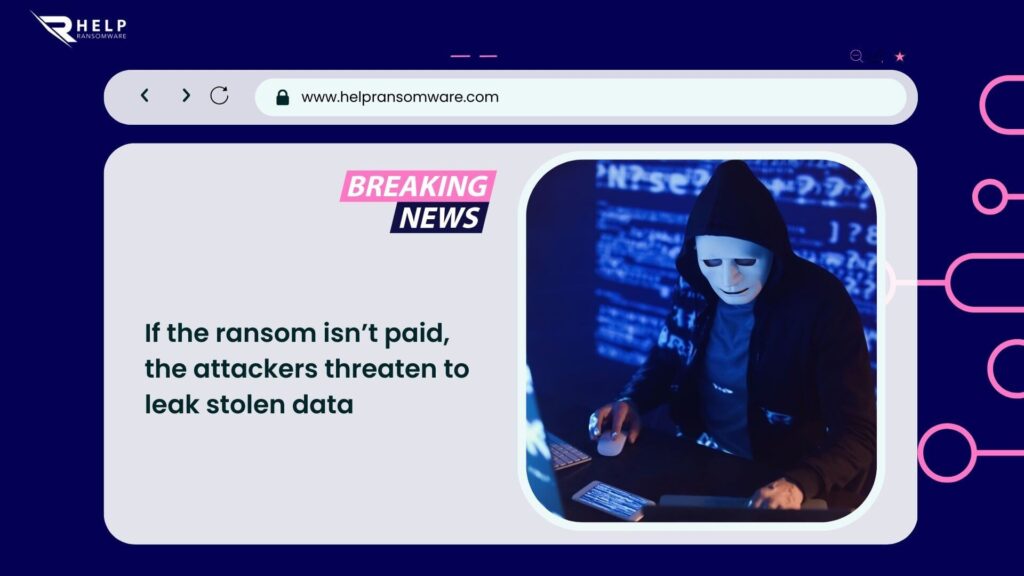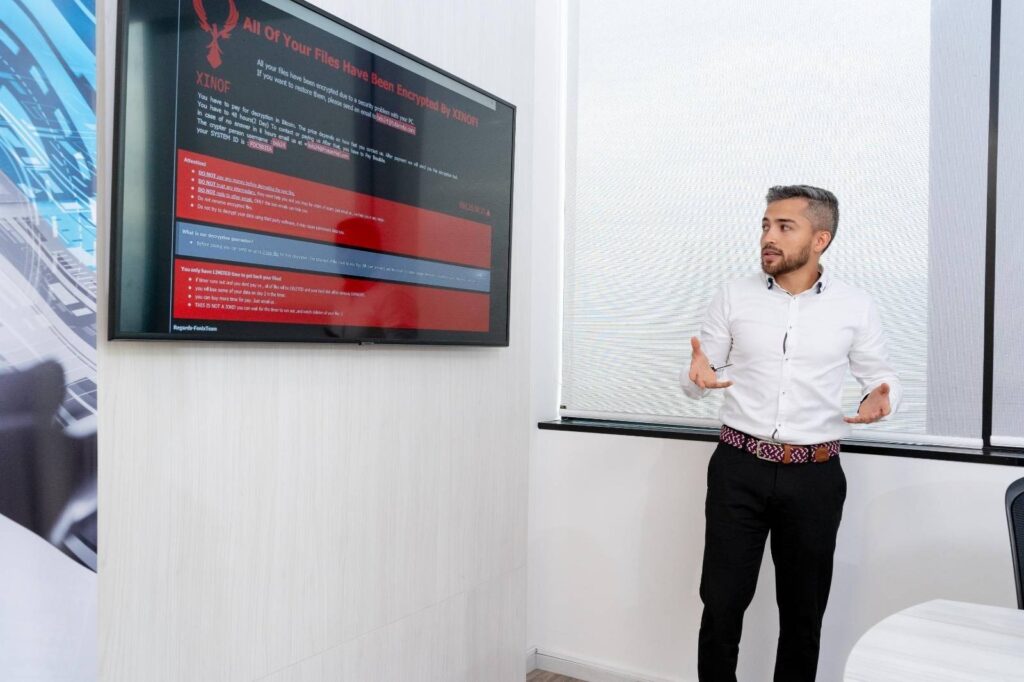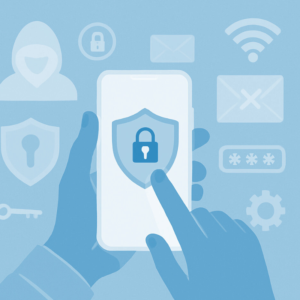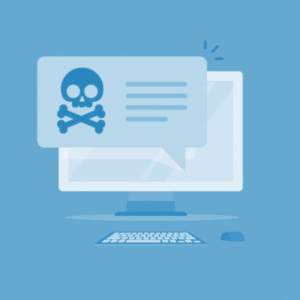In March 2025, the FBI released an urgent alert regarding a massive cyberattack involving Medusa, a dangerous ransomware strain that has infiltrated millions of Gmail and Outlook accounts across the globe. This large-scale breach affects sensitive sectors such as education, healthcare, law, and technology.

Fast & Guaranteed Recovery
HelpRansomware provides a 100% guaranteed ransomware removal and data recovery service, with 24/7 worldwide assistance.
What is Medusa Ransomware?
Medusa is a Ransomware-as-a-Service (RaaS) operation, meaning it’s available for rent to other cybercriminals. Once deployed, it encrypts victims’ files and demands payment—typically in cryptocurrency—in exchange for decryption. If the ransom isn’t paid, the attackers threaten to leak stolen data.

The attack typically starts with phishing emails disguised as legitimate Gmail or Outlook alerts. These emails trick users into clicking malicious links or downloading harmful attachments. Once inside the system, Medusa spreads laterally, disables security tools, and exfiltrates sensitive data before locking down the files.
📰 According to 20minutos, this incident marks one of the most aggressive ransomware campaigns targeting mainstream email providers to date.
Signs Your Gmail or Outlook Account May Be Compromised
Being able to identify signs of compromise early is crucial:
- Unrecognized login attempts: Both Gmail and Outlook notify users of suspicious activity. Check for login alerts from unfamiliar devices or locations.
- Unexpected emails in your Sent folder: If you find emails you didn’t send, that’s a red flag.
- Account setting changes: Review your recovery options and ensure no unauthorized changes have been made.
How to Stay Protected
To defend yourself against ransomware like Medusa, cybersecurity experts and providers like HelpRansomware recommend:
- Enable Two-Factor Authentication (2FA): This adds an extra layer of security even if your password is compromised.
- Use strong, unique passwords: Avoid reusing passwords across services.
- Keep software and systems updated: Security patches help close vulnerabilities that ransomware exploits.
- Be cautious with emails: Don’t click on suspicious links or download unknown attachments, even if they appear to come from trusted sources.
HelpRansomware’s Commitment
At HelpRansomware, we specialize in ransomware prevention, detection, and response. Whether you’re an individual or an organization, our team is ready to help you recover encrypted files, secure your data, and harden your systems against future threats.
With high-profile ransomware campaigns like Medusa becoming more common, awareness and proactive security are more essential than ever.

Immediate Ransomware Help
Don’t let ransomware hold your business hostage. Our experts are ready to recover your data and secure your systems.



